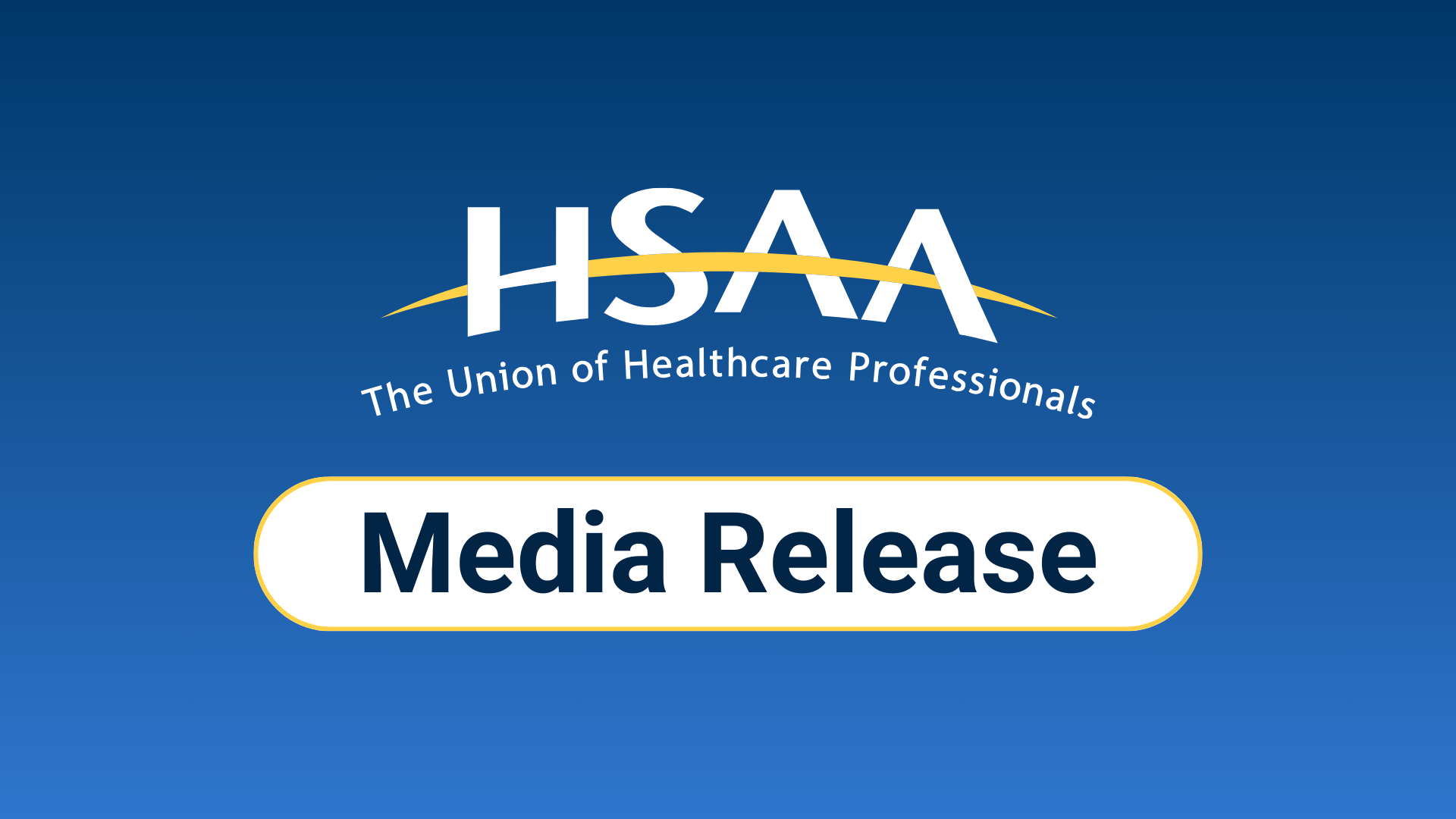HSAA home page
News

New Acute Care Funding Model Creates Profit-Driven Marketplace For Surgeries, Risks Patient Care: HSAA
Alberta’s new acute care funding model will incentivize for-profit corporations at the expense of patient care and sustainable staffing levels.

'Strike Ready' Buttons/Pins and Your Rights
As we approach a critical juncture in our collective bargaining with AHS, we are issuing new ‘Strike Ready’ buttons for members working under the AHS Collective

Measles Outbreak Alert: What You Need to Know
There are currently multiple measles outbreaks across the province. Here's what you need to know at work, related to the measles outbreaks.
Join Alberta's health-care professionals to protect & expand public health care.

Advocacy & Actions
Join Alberta’s frontline health-care professionals to protect and expand public health care. Support our advocacy work and take action.

Alberta's health-care professionals deserve fair wages
Send a letter to your MLA to tell them Alberta's health-care professionals deserve fair wages.

Addiction care is health care. Tell the Premier and Minister of Health. Save lives.
Alberta’s approach to the overdose crisis has failed. Tell the Alberta government it’s time to listen to health-care professionals.
